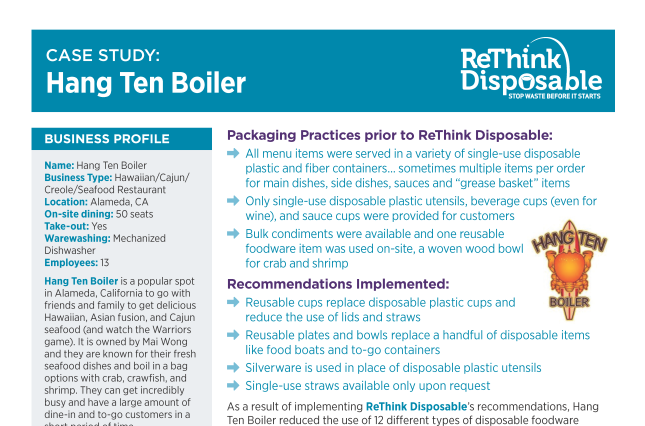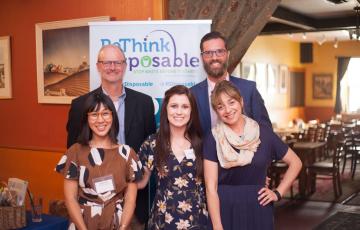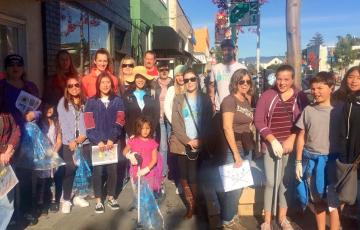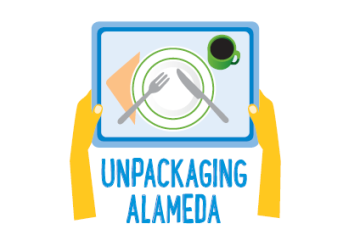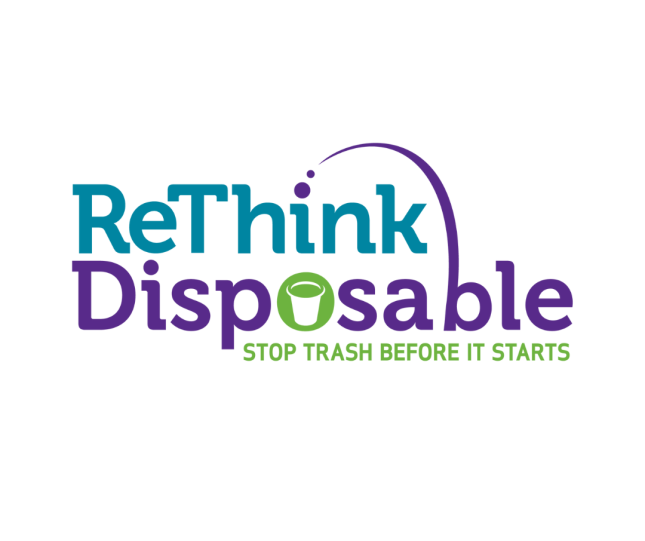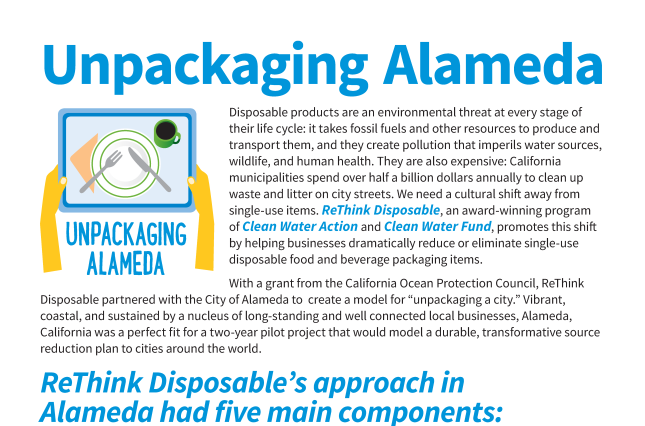

Disposable products are an environmental threat at every stage of their life cycle: it takes fossil fuels and other resources to produce and transport them, and they create pollution that imperils water sources, wildlife, and human health. They are also expensive: California municipalities spend over half a billion dollars annually to clean up waste and litter on city streets. We need a cultural shift away from single-use items.
ReThink Disposable, an award-winning program of Clean Water Action and Clean Water Fund, promotes this shift by helping businesses dramatically reduce or eliminate single-use disposable food and beverage packaging items.
With a grant from the California Ocean Protection Council, ReThink Disposable partnered with the City of Alameda to create a model for “unpackaging a city.” Vibrant, coastal, and sustained by a nucleus of long-standing and well connected local businesses, Alameda, California was a perfect fit for a pilot project that would model a durable, transformative source reduction plan to cities around the world.
Learn More
↓
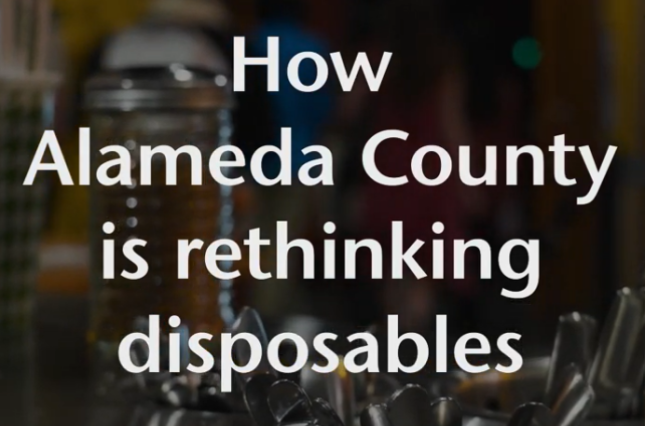
How Alameda County Is ReThinking Disposables [Video]
